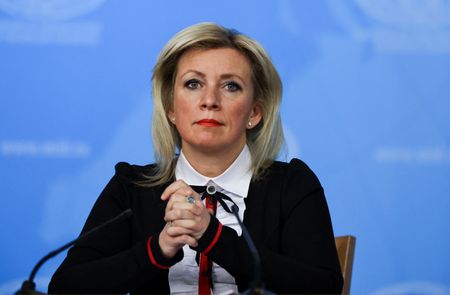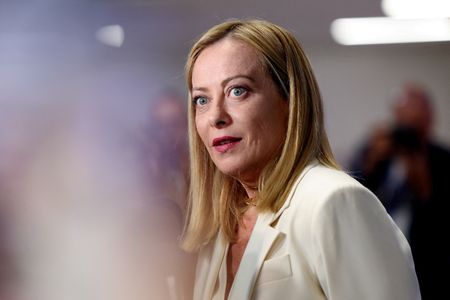By Miranda Murray
BERLIN (Reuters) -German consumer sentiment is set to decline heading into August, marking the second consecutive drop as households increasingly hold back on spending amid persistent economic uncertainty, a survey showed on Thursday
The consumer sentiment index, published by the GfK market research institute and the Nuremberg Institute for Market Decisions (NIM), unexpectedly fell to -21.5 points from -20.3 points the month before.
Analysts polled by Reuters forecast a slight rise, to -19.2.
“The recovery in consumer sentiment continues to be postponed, because the willingness to save has risen again,” reaching its highest value in nearly one and a half years, said NIM consumer analyst Rolf Buerkl.
“General uncertainty, the need to be prepared for difficult situations and high prices, especially for food, are the main reasons,” he added.
Economic expectations took a tumble after five consecutive increases, dropping 10 points to 10.1 points, further dampening hopes for a meaningful recovery in Europe’s largest economy this year.
Income expectations, however, continued their recovery for the fifth straight month, rising 2.4 points to 15.2 points, which marks a 12-month high for the indicator.
AUG JUL AUG
2025 2025 2024
Consumer climate -21.5 -20.3 -18.6
Consumer climate components
JUL JUN JUL
2025 2025 2024
– economic expectations 10.1 20.1 9.8
– income expectations 15.2 12.8 19.7
– willingness to buy -9.2 -6.2 -8.4
– willingness to save 16.4 13.9 8.0
NOTE – The survey period was July 3-14, 2025.
An indicator reading above zero signals year-on-year growth in private consumption. A value below zero indicates a drop compared with the same period a year earlier.
According to GfK, a one-point change in the indicator corresponds to a year-on-year change of 0.1% in private consumption.
The “willingness to buy” indicator represents the balance between positive and negative responses to the question: “Do you think now is a good time to buy major items?”
The income expectations sub-index reflects expectations about the development of household finances in the coming 12 months.
The additional business cycle expectations index reflects respondents’ assessment of the general economic situation over the next 12 months.
($1 = 0.8618 euros)
(Reporting by Miranda MurrayEditing by Madeline Chambers)










